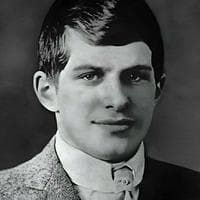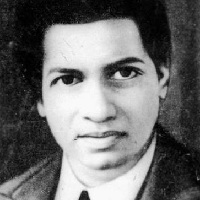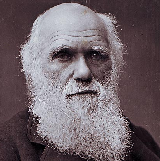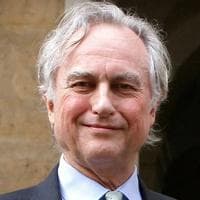Gottfried Wilhelm Leibniz mbtiパーソナリティタイプ
個性
"Gottfried Wilhelm Leibnizはどのような性格タイプですか? Gottfried Wilhelm Leibnizは、INTP in MBTI、5w6 - so/sp - 514 in Enneagram、RCOEI in Big 5、ILE in socionics のパーソナリティタイプです。"
This is a good example of seeing the Ne in its stack. Leibniz had a habit of moving from one project to the next, leaving lots of loose ends because something else demanded his attention. A striking example is his unfinished history of the origin of the Brunswick-Lünesburg ducal family, which was his primary employer for most of his life. This history was initially supposed to start with the eighth century and end with the seventeenth, but despite the fact that Leibniz rarely continued to work on it for three decades, it had only progressed at his death until the year 1005. Which caused this project to fail (according to Brünswick-Lünesburg) was his insatiable curiosity and his urge to acquire many of his own favorite projects in this assignment. Rather than starting with medieval Europe, Leibniz couldn't resist going all the way back to the formation of the earth and its minerals. In addition, he consulted monastic libraries across Europe for potentially relevant documents, and walked more irrelevant side-paths for his own pleasure. In addition to his restless intellectual research writing, he was driven by another circumstance called "relentless muddle”. The Ne process is clearly opposed to Ni (for which astonishingly there are still votes for this). He also engaged in many practical pursuits and passions. Leibniz was also called the second Aristotle, and Diderot said of Leibniz: “Anyone who compares his own works to those of Leibniz tends to throw away his books and wait for death somewhere in a corner.'' This man has so many invented including shoes with a spring system that can escape attackers. It is said that his "bouncing boots" belonged to the inventory of Sir Nicholas Gimrack (the proverbial eccentric scientist in an English comedy of the time). That is the fate of Leibniz’s energetic invention that may come across as laughable. Moreover, I wanted to say: may it be clear that this man has meant a lot to current science.
バイオグラフィー
Gottfried Wilhelm (von) Leibniz (1 July 1646 [O.S. 21 June] – 14 November 1716) was a German polymath and philosopher who occupies a prominent place in the history of mathematics and the history of philosophy, having developed differential and integral calculus independently of Isaac Newton. Leibniz's notation has been widely used ever since it was published. It was only in the 20th century that his Law of Continuity and Transcendental Law of Homogeneity found mathematical implementation (by means of non-standard analysis).
個性 correlate

Alan Turing

William James Sidis

Blaise Pascal

Srinivasa Ramanujan

Maryam Mirzakhani

John Nash

Carl Friedrich Gauss

Archimedes




